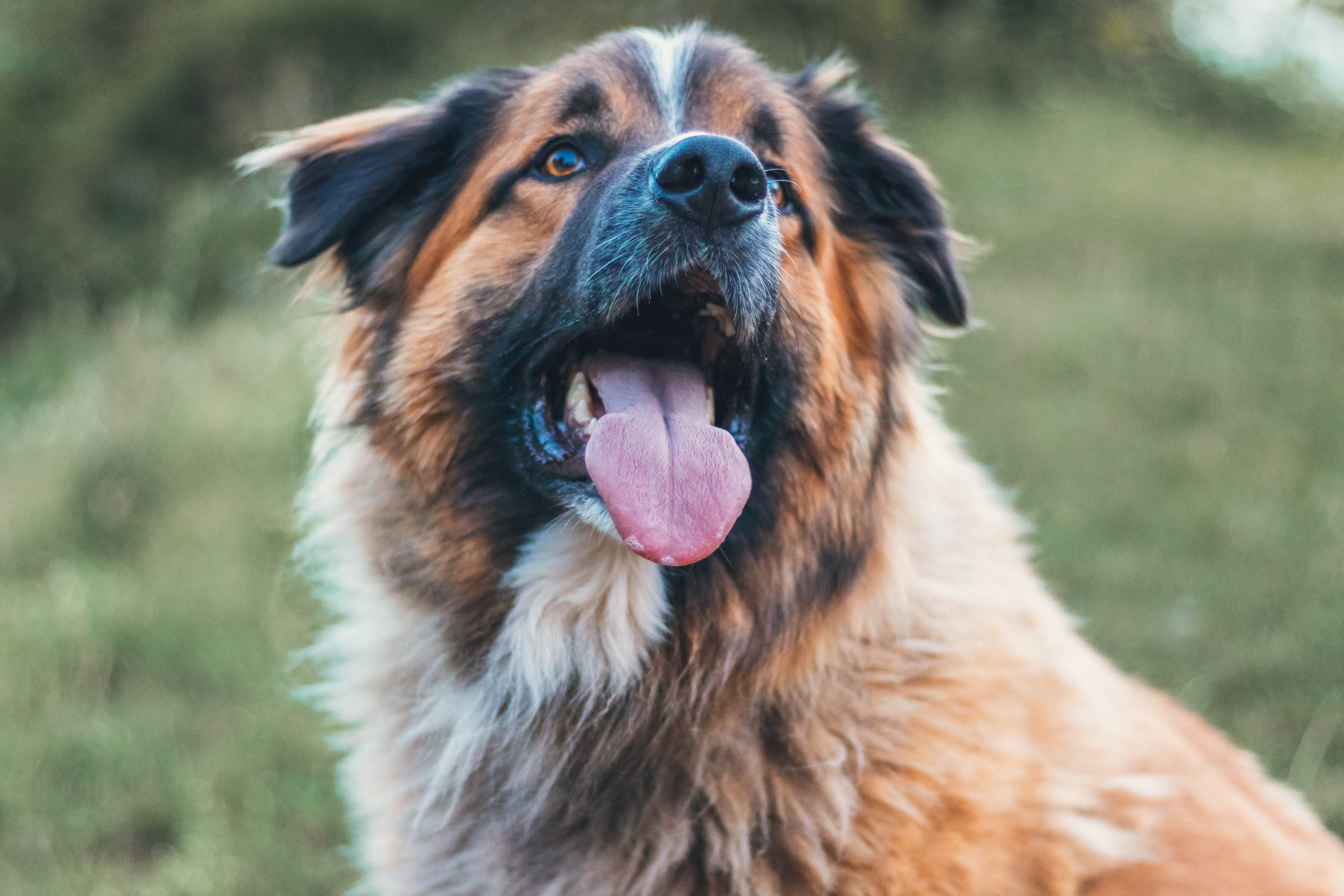Just like humans, dogs can suffer from eye irritation that leads to uncomfortable itching. If you’ve noticed your dog rubbing their eyes with their paws, squinting, or showing signs of redness or discharge, itchy eyes could be to blame. This common symptom can stem from a variety of causes, ranging from environmental allergens to serious infections. While mild irritation may resolve on its own, chronic or severe symptoms may indicate an underlying health issue that needs veterinary attention. In this guide, we’ll explore what causes itchy dog eyes, how to treat them at home, and when it’s time to call the vet.
Common Causes of Itchy Dog Eyes
1. Allergies
Allergies are one of the most frequent culprits behind itchy dog eyes. Dogs can be sensitive to pollen, mold, dust mites, and even certain foods or shampoos. Allergic reactions often result in watery, red, and itchy eyes accompanied by sneezing or skin irritation. Seasonal allergies may worsen during spring and fall, especially in outdoor dogs. In these cases, symptoms may subside once the allergen is removed or with the help of antihistamines prescribed by a vet.
2. Dry Eye (Keratoconjunctivitis Sicca)
Dry eye occurs when your dog’s tear glands don’t produce enough tears to keep the eyes moist. This can lead to irritation, inflammation, and a gritty sensation that causes dogs to paw at their eyes. Dry eye is often caused by immune-mediated destruction of tear glands, but it can also result from trauma or certain medications. Left untreated, it can cause corneal ulcers and vision loss. Treatment usually involves medicated eye drops to stimulate tear production and reduce inflammation.
3. Foreign Bodies
Small objects like dust, grass seeds, or debris can get lodged in your dog’s eyes during walks or playtime. These foreign bodies can cause immediate discomfort, leading your dog to blink excessively, rub their eyes, or keep one eye closed. In some cases, you may notice redness or discharge. If the object isn’t easily removed with saline rinse or persists for more than a few hours, a vet visit is recommended to prevent scratches on the cornea.
4. Eye Infections
Bacterial, viral, or fungal infections can all lead to itchy, red, and swollen eyes. Conjunctivitis, also known as pink eye, is a common condition that may affect one or both eyes. Infections often produce thick, yellow-green discharge and require prompt treatment to prevent spreading or worsening. A vet will determine the type of infection and prescribe the appropriate antibiotic or antiviral eye drops.
5. Eyelid Abnormalities
Conditions like entropion (inward rolling eyelids) or ectropion (outward turning eyelids) can irritate the eye’s surface. These structural issues are more common in certain breeds like Bulldogs, Shar-Peis, and Cocker Spaniels. Inward eyelashes may constantly rub against the cornea, leading to chronic inflammation and discomfort. Mild cases may be managed with lubricating drops, but surgery is often required for long-term relief.
At-Home Treatments for Mild Eye Irritation
If your dog’s eye symptoms are mild and they are otherwise acting normally, there are a few safe ways to soothe their eyes at home:
-
Saline Eye Rinse: Gently flushing your dog’s eyes with sterile saline solution can help remove irritants or allergens.
-
Cold Compress: Applying a clean, damp, cold cloth to the area can reduce swelling and itching.
-
Clean the Eye Area: Use a moist cotton ball to gently wipe away discharge from around the eye.
-
Prevent Pawing: Consider using an e-collar (cone) temporarily to prevent your dog from scratching and making the irritation worse.
Always wash your hands before and after treating your dog’s eyes and avoid using any human medications unless directed by a vet.
When to See a Veterinarian
While many cases of itchy dog eyes are minor, you should seek veterinary care if:
-
Symptoms persist for more than 24–48 hours
-
You notice yellow or green discharge
-
Your dog is constantly squinting or holding the eye shut
-
The eye appears cloudy or swollen
-
There is any sign of trauma or your dog is in pain
Prompt diagnosis is key to preventing complications like ulcers, infections, or even vision loss. Your vet may perform a fluorescein stain test, tear production test, or eye pressure measurement to determine the root cause.

Don’t Ignore Your Dog’s Itchy Eyes
Eye discomfort in dogs is more than just an annoyance—it can be a sign of a deeper issue that requires attention. Whether it’s an allergy, a foreign object, or a more serious condition like dry eye or infection, understanding the symptoms can help you take action quickly. Some causes are easily managed at home, but others need veterinary diagnosis and treatment to protect your dog’s sight. Monitoring your dog’s eye health regularly is a key part of their overall well-being. When in doubt, always consult your vet to keep those puppy eyes clear and healthy.

 1 month ago
26
1 month ago
26





















 English (US) ·
English (US) ·